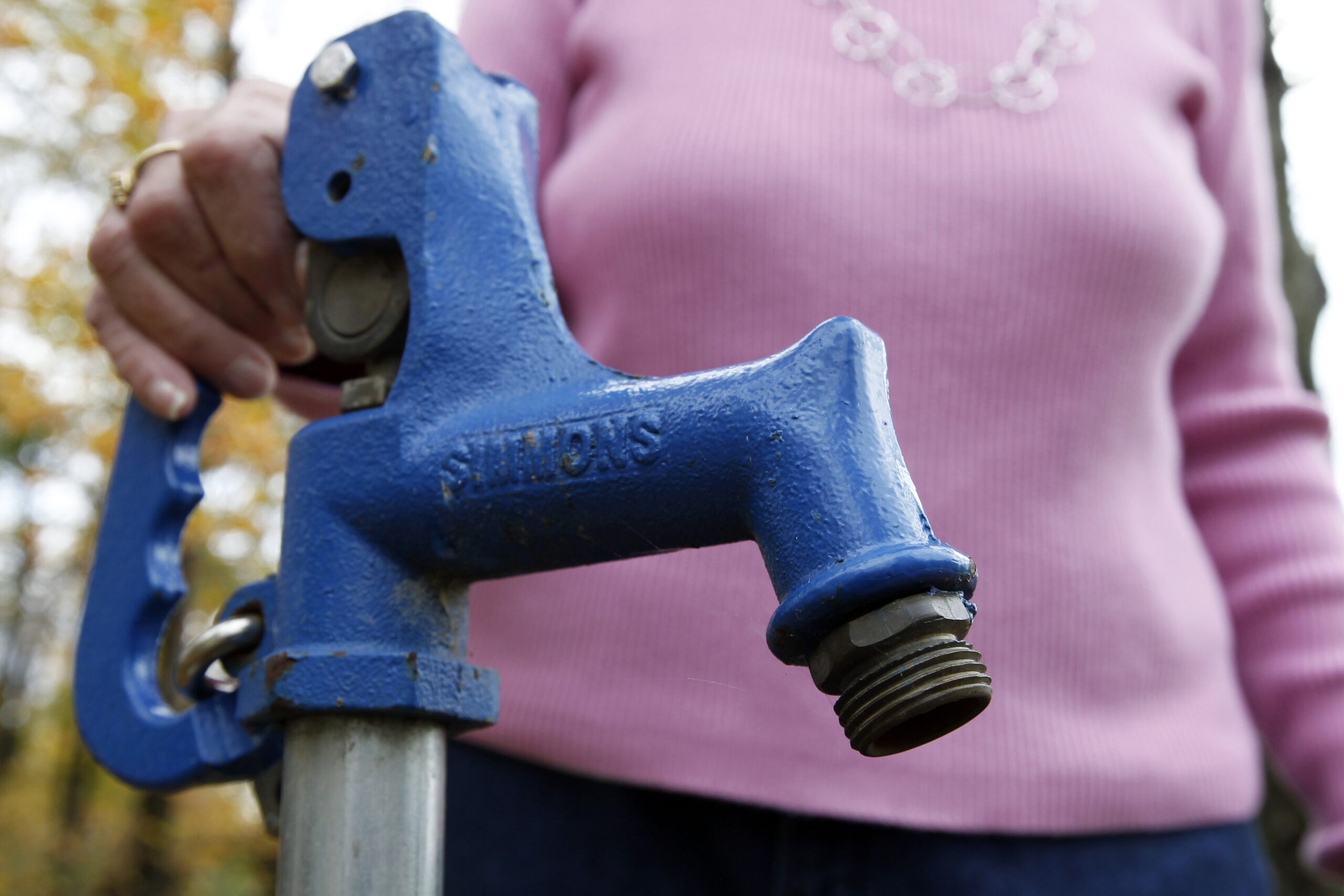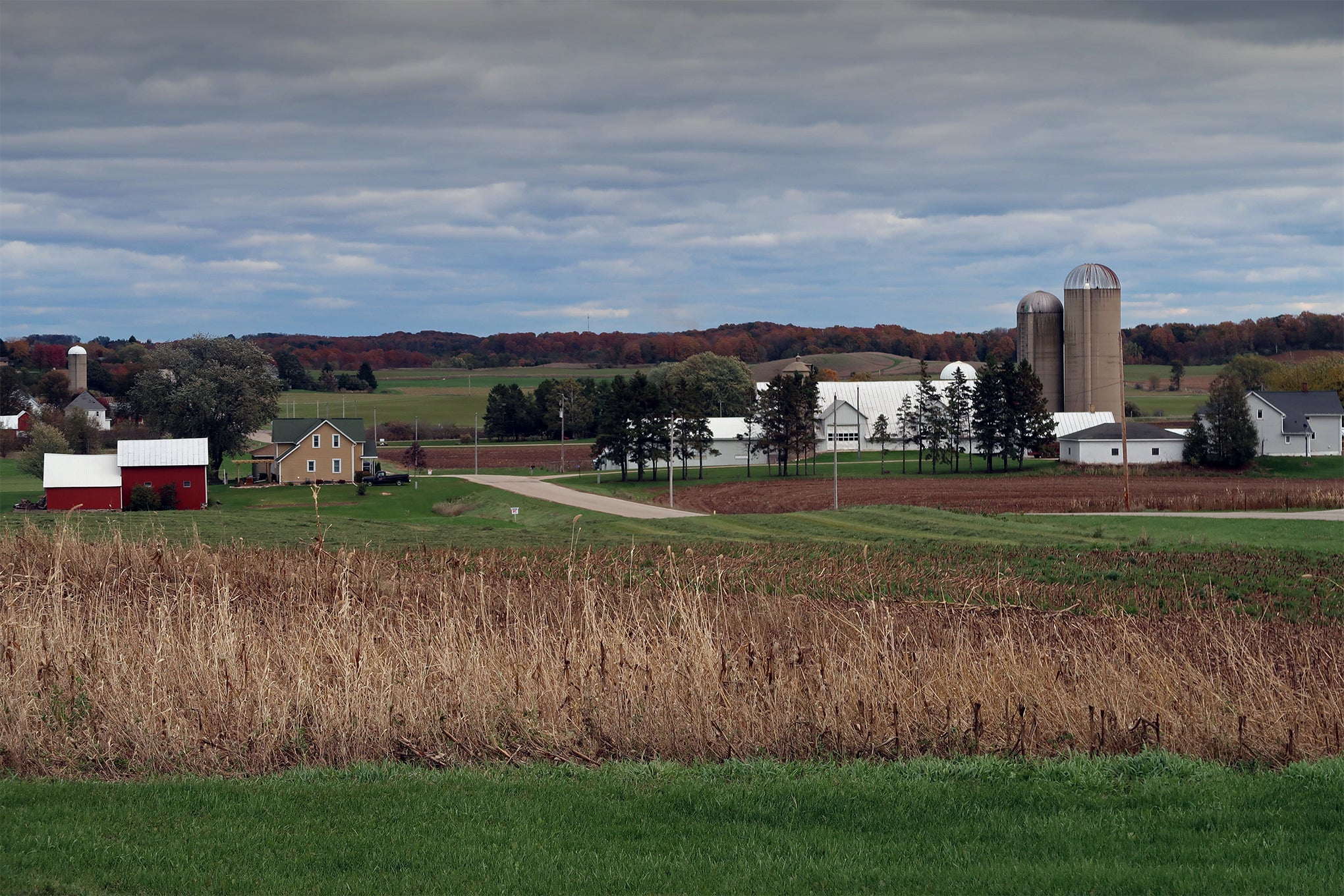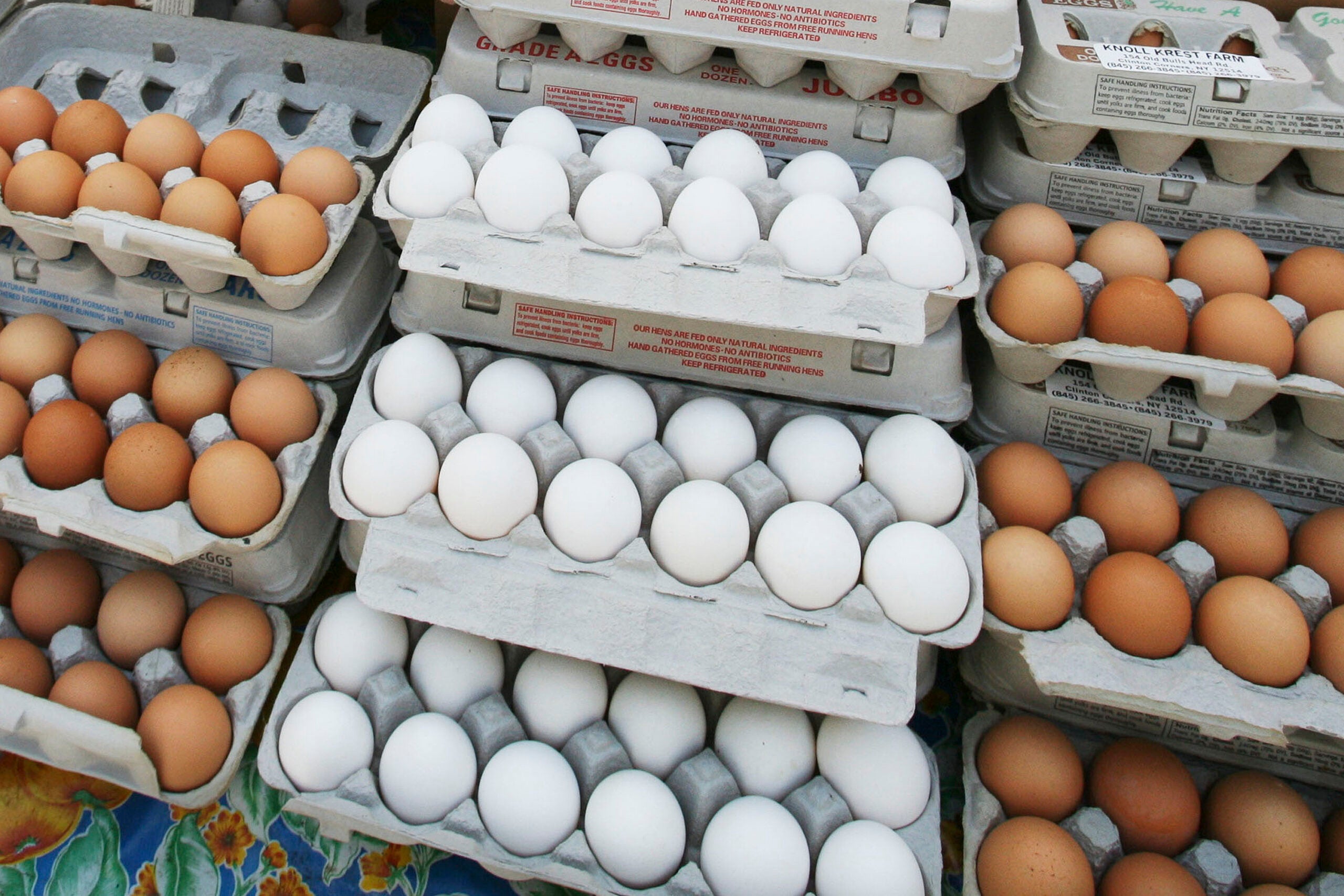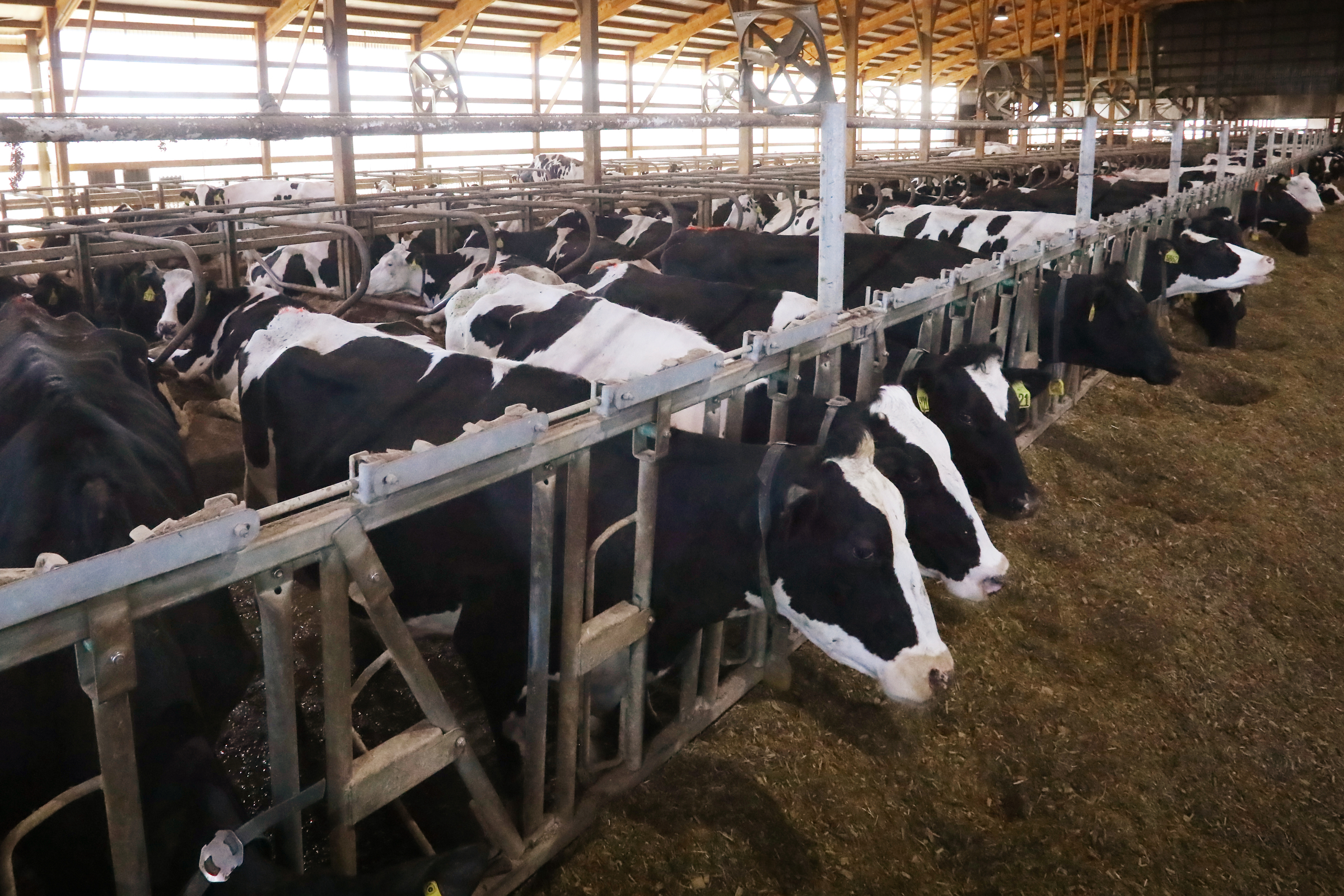Eleven wells in Kewaunee County have tested positive for trace amounts of salmonella and rotovirus.
The wells were identified through a voluntary testing program by the Wisconsin Department of Natural Resources. Some 323 wells were tested beginning in November 2015 as part of a two-year study. Of those, 30 showed reason for concern and were re-tested, according to DNR spokesman Jim Dick.
“It was further testing on some that were already considered to have unacceptable levels of something in the well,” Dick said. “Out of the 30 wells they did test again, they did find that there were 11 private wells in Kewaunee County that had traces of salmonella and or rotovirus.”
Stay informed on the latest news
Sign up for WPR’s email newsletter.
The study began after a petition was filed by Midwest Environmental Advocates and other groups in 2014. DNR testing began last fall.
“People don’t understand that there are a segment of Wisconsinites who can’t turn on their taps and safely drink their water, and don’t have clean drinking water everyday,” said Tressie Kamp, a lawyer for MEA. “That’s something that’s been ongoing for several years now.”
Participants in the testing study are guaranteed anonymity so the DNR can’t say if the contaminated wells are concentrated in one area or spread around the county. People who live within a half mile of a contaminated well will be notified and the DNR will pay to have their wells tested.
There have been no reported illnesses linked to the wells tested in Kewaunee County.
The DNR is funding research to examine the extent and source of groundwater contamination in the county, which has a large cattle population.
Editor’s note: This story has been updated to replace Associated Press content with original reporting.
Wisconsin Public Radio, © Copyright 2025, Board of Regents of the University of Wisconsin System and Wisconsin Educational Communications Board.



